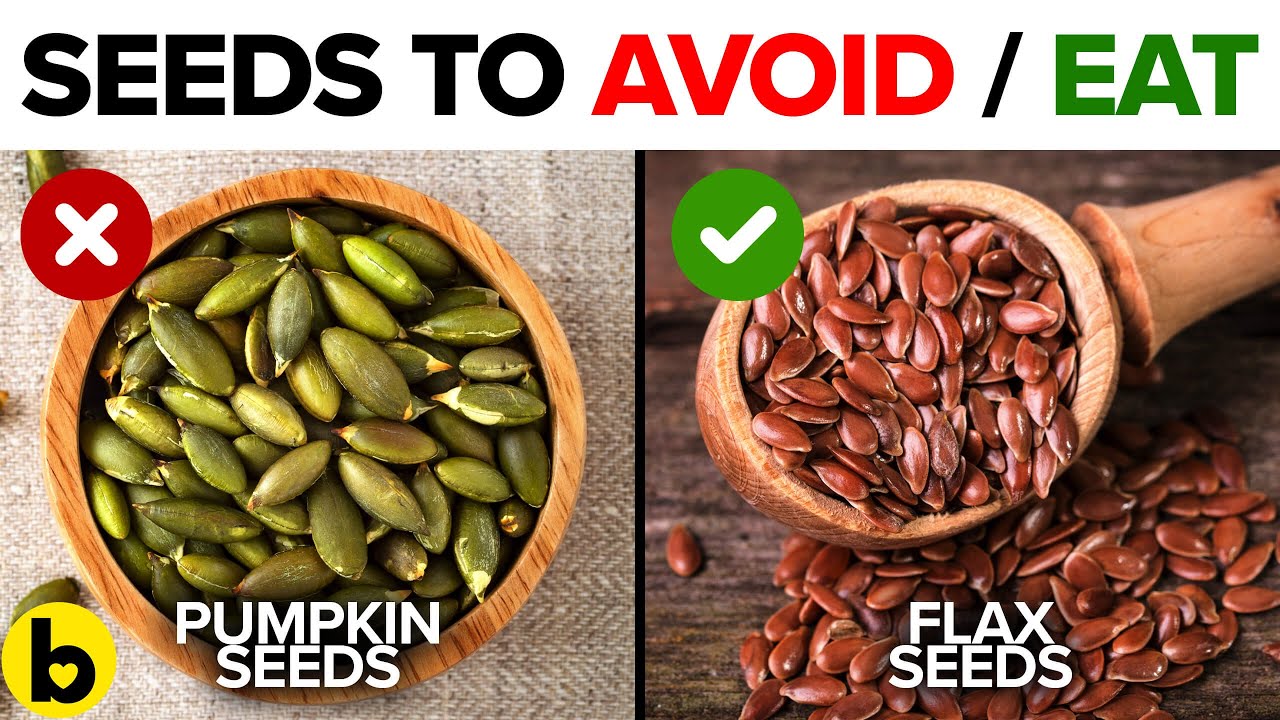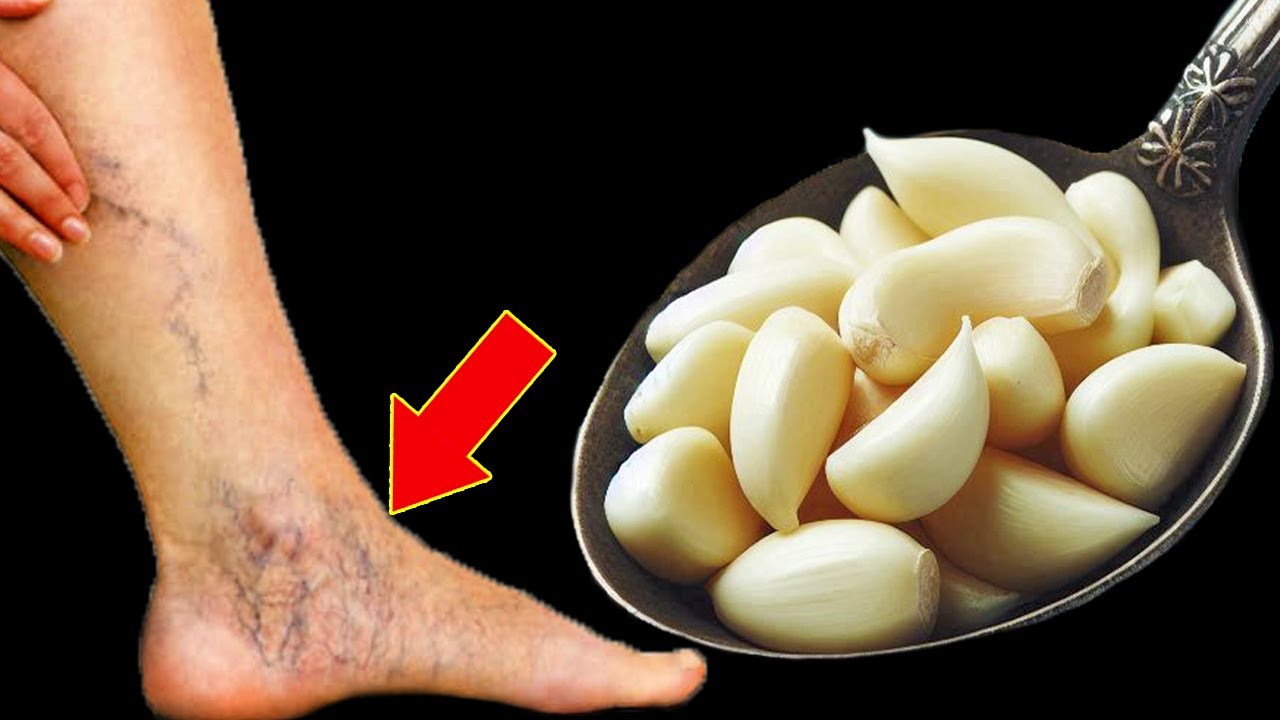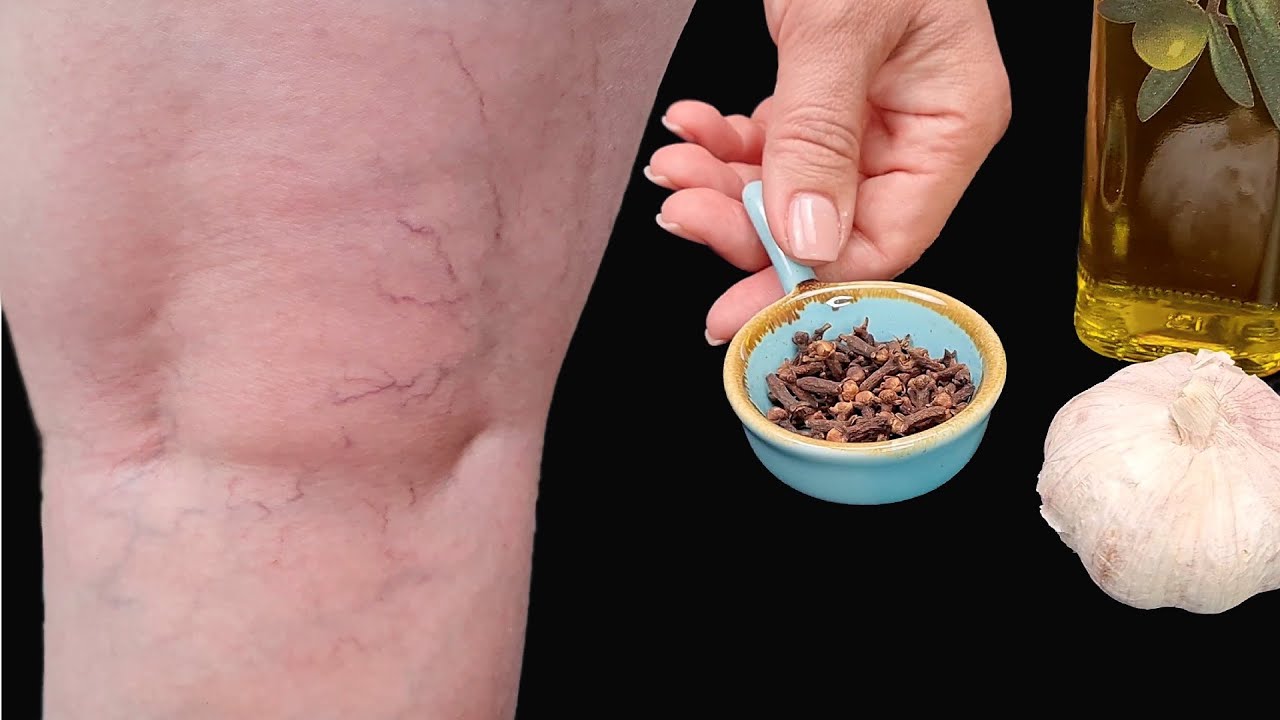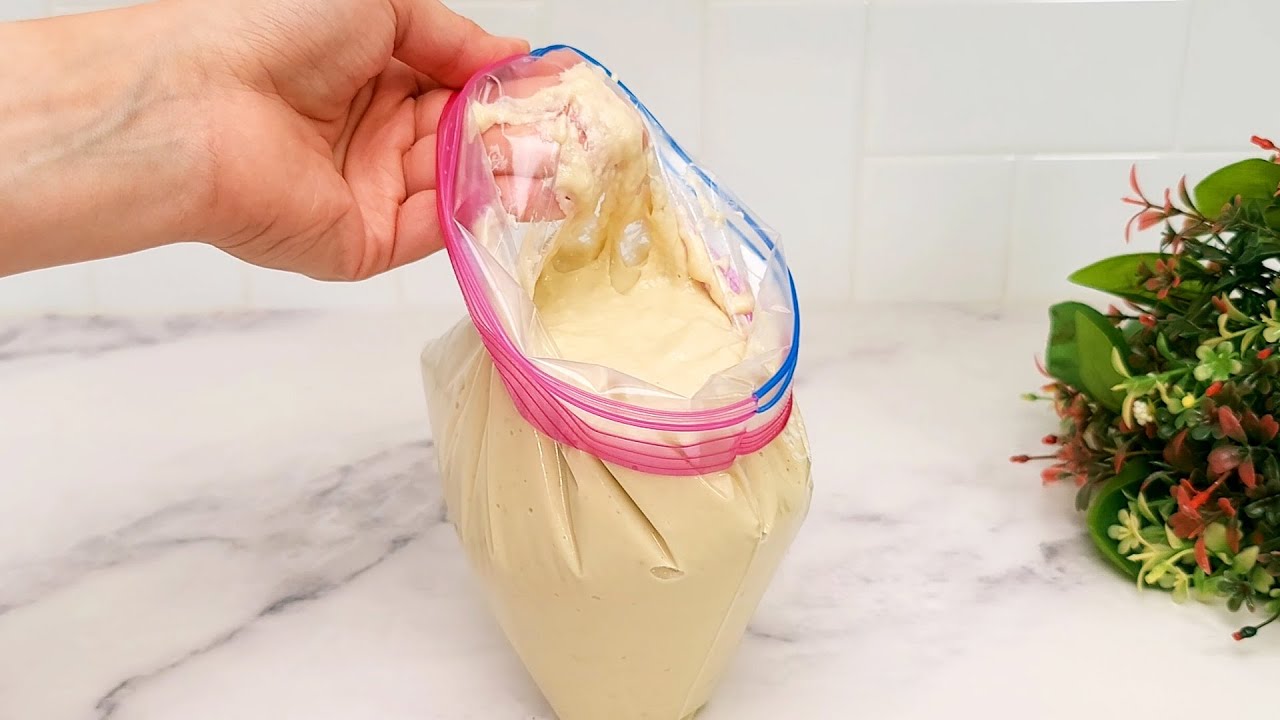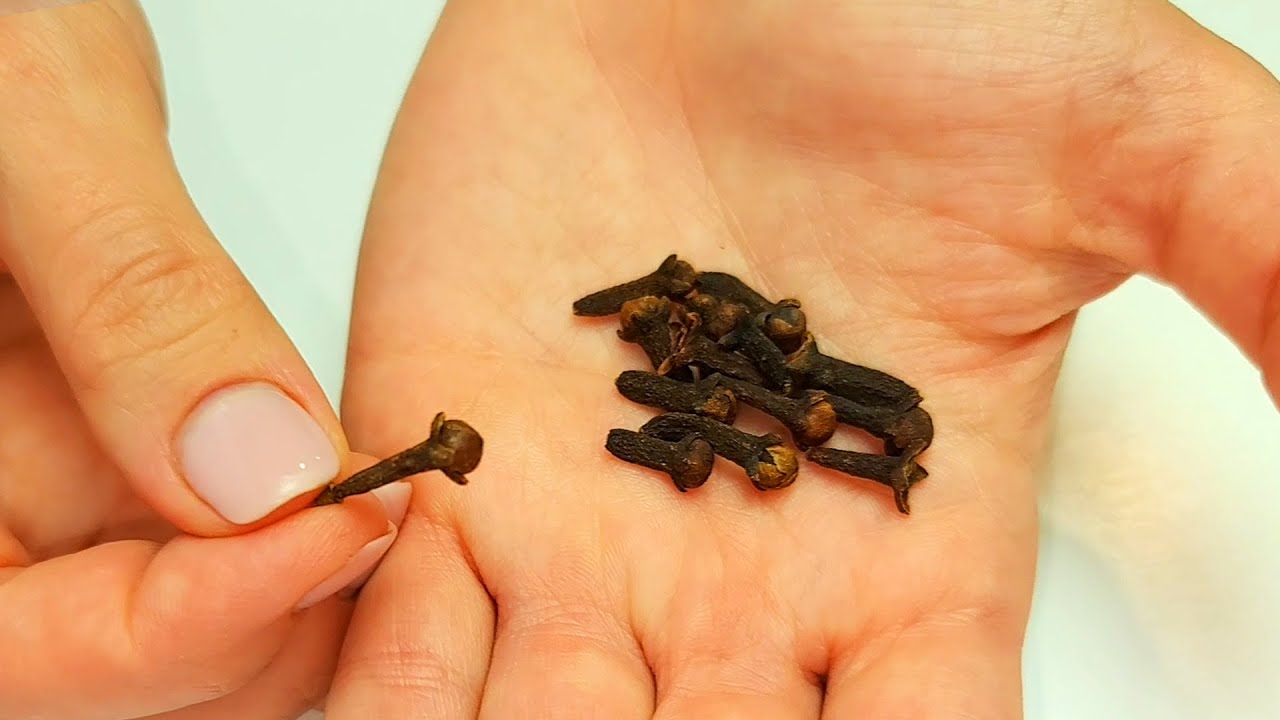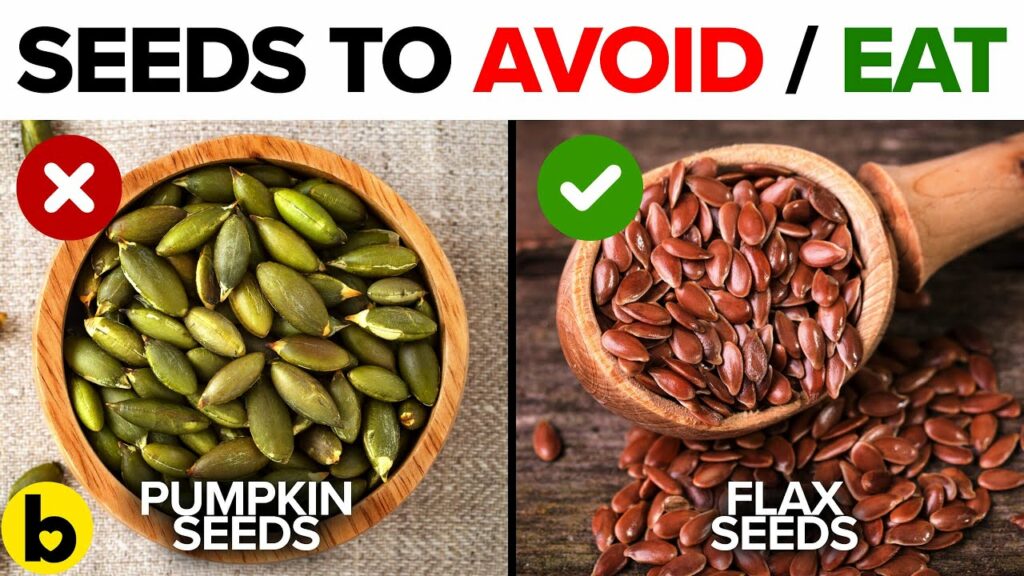
Seeds are tiny nutritional powerhouses packed with essential vitamins, minerals, and healthy fats. Including the right seeds in your diet can boost your overall health, but not all seeds are created equal. Some seeds can be harmful or simply aren’t beneficial when consumed in large amounts. Here’s a guide to six healthy seeds you should be eating and six that you should avoid or eat with caution.
6 Healthy Seeds You Should Be Eating
1. Chia Seeds
Chia seeds are a fantastic source of omega-3 fatty acids, fiber, and protein. They’re also rich in antioxidants and can help with weight management by promoting a feeling of fullness. Chia seeds can be easily added to smoothies, yogurt, or oatmeal.
2. Flaxseeds
Flaxseeds are high in omega-3 fatty acids and fiber, making them excellent for heart health and digestion. They also contain lignans, which have antioxidant properties. Ground flaxseeds are easier to digest and absorb, so it’s best to consume them in this form.
3. Pumpkin Seeds
Pumpkin seeds are rich in magnesium, zinc, and healthy fats. They’re great for supporting heart health, boosting immune function, and providing essential minerals. Enjoy them as a snack, or add them to salads and granola.
4. Sunflower Seeds
Sunflower seeds are packed with vitamin E, an antioxidant that helps protect cells from damage. They also provide healthy fats, protein, and fiber. Sunflower seeds are perfect as a snack or sprinkled on top of salads and cereals.
5. Hemp Seeds
Hemp seeds are a complete protein, meaning they contain all nine essential amino acids. They’re also rich in omega-3 and omega-6 fatty acids, which support heart health. Add hemp seeds to smoothies, yogurt, or salads for a nutritional boost.
6. Sesame Seeds
Sesame seeds are a good source of calcium, magnesium, and iron. They also contain lignans, which may help lower cholesterol levels. Sesame seeds can be sprinkled on salads, baked into bread, or used in tahini—a popular sesame seed paste.
6 Seeds You Should Avoid or Eat with Caution
1. Apple Seeds
Apple seeds contain amygdalin, a compound that can release cyanide when metabolized. While small amounts are unlikely to cause harm, it’s best to avoid eating apple seeds altogether.
2. Cherry, Apricot, and Peach Pits
Like apple seeds, the pits of cherries, apricots, and peaches contain amygdalin, which can release cyanide. Ingesting these pits can be dangerous, so it’s important to avoid them entirely.
3. Tomato Seeds
While tomato seeds are not inherently harmful, they can be tough on the digestive system for some people, especially those with diverticulitis. If you’re prone to digestive issues, it might be best to remove the seeds before eating tomatoes.
4. Poppy Seeds (In Excess)
Poppy seeds are generally safe in small amounts, but consuming them in large quantities can be problematic. Poppy seeds contain small amounts of opiates, which can accumulate and potentially cause issues with drug tests or, in very rare cases, mild intoxication.
5. Mustard Seeds (In Large Quantities)
Mustard seeds are commonly used in cooking, but consuming them in large quantities can lead to digestive issues or even interfere with thyroid function due to their goitrogenic properties. It’s best to use mustard seeds in moderation.
6. Bitter Almonds
Bitter almonds are not the same as the sweet almonds we commonly eat. They contain high levels of amygdalin, which can release cyanide when consumed. Eating raw bitter almonds is dangerous and can lead to serious health risks, so they should be avoided.
Conclusion
Incorporating healthy seeds like chia, flax, and pumpkin seeds into your diet can provide a wealth of nutrients that support overall health. However, it’s essential to be aware of seeds that can be harmful, such as apple seeds and bitter almonds. By choosing the right seeds and consuming them in moderation, you can enjoy their many benefits without the risks.
